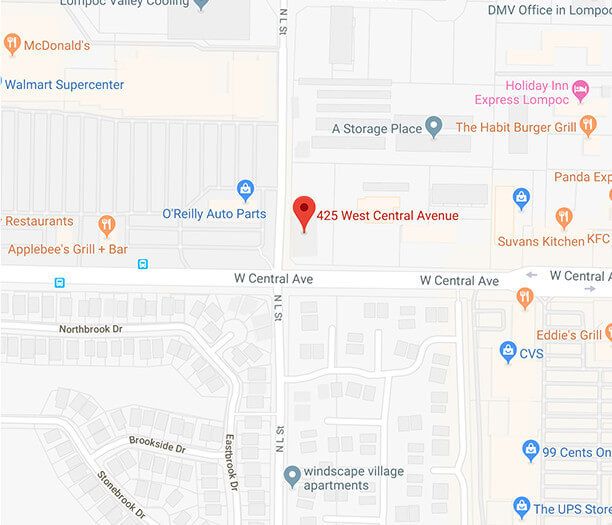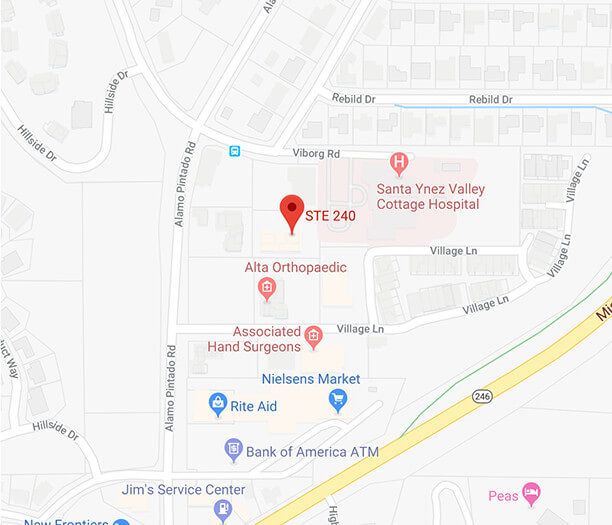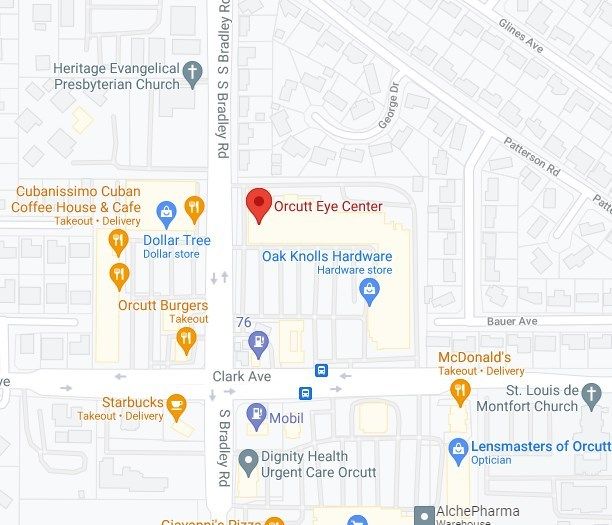
Eye Care Tips for Travelers
Written By: Anne Sumers MD
Edited By: Anni Delfaro
Jun. 11, 2021
Eye emergencies can be frightening, especially when you’re far from home. Accidents and injuries can make it hard to navigate a new city – even worse, some conditions can lead to permanent vision loss if not treated appropriately. Here are some top travel tips from comprehensive ophthalmologist and world traveler Anne Sumers, M.D., a clinical spokesperson for the American Academy of Ophthalmology.
Do: Double Your Pairs and Pack Your Backup Glasses
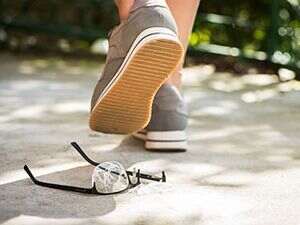
If you wear glasses, bring two pairs on every trip! "When I was 14, my glasses fell off and sank to the bottom of the ocean as I was looking at fish in Greece," says Dr. Sumers. "While everyone else toured the Acropolis, my mom and I had to spend the day in search of an English-speaking ophthalmologist and a very fast optician!" Similarly, if you wear contacts, bring an extra pair — in addition to your glasses.
Don’t: Wait to See an Ophthalmologist While Traveling

Although it may be tempting, don't wait until you get home to see an ophthalmologist. Immediate treatment of small problems keeps them small. Unsure where to turn? EyeSmart’s Find an Ophthalmologist has an international list of all members of the American Academy of Ophthalmology. "A patient of mine got his eye scratched by a branch while hiking up to Macchu Picchu in Peru. He treated it with a friend’s artificial tears, suffering terrible pain for four days, and then arrived home with a seriously infected ulcer in his eye. Had he seen an eye doctor on the first day, he would have received immediate treatment and the scratch would have healed in 24 to 48 hours with no loss of vision or permanent scar of the eye."
Do: Prepare for Dry Eyes on Airplanes
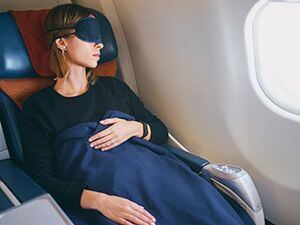
Leaving on a jet plane? Everyone's eyes dry out on airplanes. Take out your contacts if you are going to sleep for several hours, or bring over-the-counter drops to lubricateyour eyes.
Don’t: Use Water to Clean Your Contacts

Always travel with your contact lens case in your carry-on, and two bottles of contact lens solution. If one bottle opens and spills, you'll have a backup. If your eyes feel uncomfortable, take out your contacts and put them in sterile contact lens solution in their case — not in a cup (yes, flight attendants have unknowingly thrown out cups with the contacts in them while the passenger slept). Never store your contacts in water — water isn’t sterile, and in some countries it may even have bacteria that can cause serious eye infections.
Do: Stock up on Prescription Eye Drops

If you take prescription eye drops, be sure to bring extra unopened bottles with you. "Do not assume that a prescription from the United States can be filled in Britain (as one of my patients discovered) or that the same drops are even available in France (as another patient discovered). If you need eye drops for allergies, glaucoma or dry eye, be sure to bring them with you – and pack extras!"
Don’t: Ignore Changes in Your Vision, Even on Vacation

Just because it isn't painful doesn't mean it isn't serious. "One patient called me because he was having new floaters, flashes and blurred vision. He wasn't very concerned because he wasn't having any pain, so he wanted to schedule an appointment for the following week when he’d be home from vacation. But the symptoms are signs of a retinal detachment. Fortunately, he followed my advice to see a local ophthalmologist and his retinal detachment was treated the next day."
Don’t: Ignore Changes in Your Vision (Yes, it’s Worth Repeating!)

Vision changes can be a sign of other health problems. When we travel, we change our eating and drinking habits. Blurred vision can indicate a hypertensive crisis, a stroke or out-of-control diabetes. "One of my patients called me from a conference because his vision was very blurry. He’d been out having a wonderful time with the other convention goers; eating, drinking and staying out late. When he went to a local hospital, they found that his blood sugar level was about five times what it should have been. Until then, he didn't know he had diabetes."
Do: Enjoy Your Travels!

"No matter where you go, there is always something new to see and learn, so take care of your eyes while you’re traveling to ensure you can get the most out of your vacation," says Dr. Sumers, pictured here with an orangutan while traveling in Borneo.
Content provided by © American Academy of Ophthalmology











